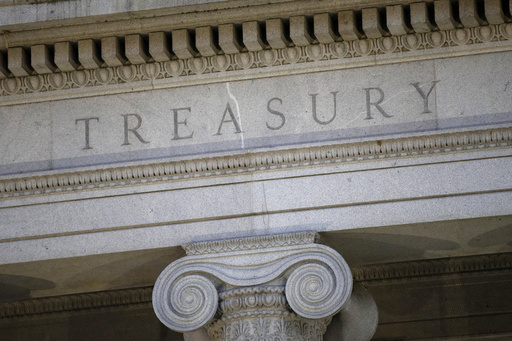The United States has taken significant steps by imposing wide-ranging sanctions on numerous companies in Russia, Europe, Asia, and the Middle East. These firms have been accused of facilitating Russia’s war efforts by providing goods and services and assisting the country in circumventing sanctions. The U.S. Treasury Department has targeted 60 Russian technology and defense companies, along with three financial tech companies based in Russia, in their latest round of sanctions. Furthermore, companies in Turkey, France, and Hong Kong that supply products to the Russian wholesale distributor Promtekh and an ammunition procurement network associated with Italian and Turkish nationals have also faced sanctions.
These new sanctions are part of a continuous effort by the U.S. to penalize Russian businesses and their international partners following Russia’s invasion of Ukraine in February 2022. Despite the sanctions, questions have been raised about their effectiveness, particularly as Russia sustains its economy by selling oil and gas on global markets. The U.S. State Department has also sanctioned individuals and entities involved in Russia’s energy, metals, and mining exports, drone production, subsidiaries of the Russian state-owned nuclear energy agency Rosatom, as well as those implicated in the abduction of Ukrainian children to make them identify as Russian.
This move comes ahead of Ukraine’s independence day and as Ukrainian forces advance into Russia’s Kursk region. President Joe Biden, along with other G7 leaders, made commitments earlier this summer in Italy to disrupt Russia’s military supply chains and increase the costs for its war machinery. In a statement, Treasury Deputy Secretary Wally Adeyemo emphasized the need for companies, financial institutions, and governments worldwide to ensure they are not inadvertently supporting Russia’s military-industrial complex.
The U.S. had previously passed an aid package for Ukraine that allows the administration to seize Russian state assets in the U.S. to assist Kyiv. Moreover, the G7 nations agreed to provide a $50 billion loan to aid Ukraine in its struggle for survival, with interest earned on frozen Russian central bank assets in Europe serving as collateral.
Home Money & Business Hundreds of Companies Hit with US Sanctions for Allegedly Providing Support to...
